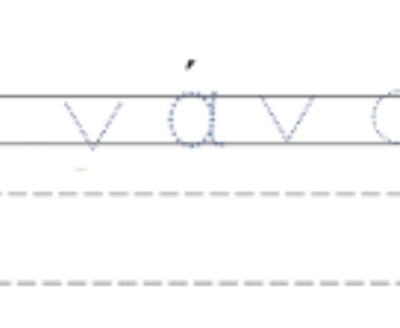Dear Classical Wisdom Kids,
When it come to understanding the world, there are many approaches. We can think about it abstractly and try to contemplate the how, what, when in our mind. This is something the philosopher Plato was famous for doing…
We can also try to go out and look around us, to touch, feel and see the world. This was what was proposed by Plato’s student, the famous philosopher Aristotle.
What is the best tactic? Like most things, it’s probably a mixture of the two… however, to get your budding scientists and philosophers started, it’s easiest to begin with observation. And how can we begin to observe? With measurements!
So please review today the important ancient Greek words that help us look around and describe what we see, whether it is small, big, or… really big!
All the best,
Anya Leonard
Founder and Director
Classical Wisdom and Classical Wisdom Kids
From Nano to Tera - Size Matters!
By Eugenia Manolidou, Ellinki Agogi
Ever wondered how we measure things, from the tiniest speck to the grandest of ideas? Time to explore the world of prefixes, those special beginnings of words that tell us about size and scale!
Nano, from the Greek word «νάνος» (pronounced: nános) meaning dwarf or very small, nano helps us talk about things that are incredibly tiny, like atoms and molecules. Nanotechnology, for example, helps scientists build amazing things at the tiniest level, like tiny robots or super small computers.
Mega, from the Greek word «µέγας» (pronounced: mégas) meaning large or great, “mega” tells us about things that are really big! When we talk about megastars, we are talking about those super famous celebrities that shine bright in the sky. And megacities? Well, they're the biggest and busiest cities in the whole wide world, like New York or Tokyo!
Giga, derived from the Greek word «γίγας» (pronounced: gígas) meaning giant or huge, this is another very ancient word that we find in Hesiod’s “Theogony” (8th B.C). Today, we use gigabytes to talk about super-sized storage units that hold tons of pictures, videos, and games on your computer or phone.

Tera, from the Greek word «τέρας» (pronounced: téras) meaning monster. It is even bigger than giga! We use terabytes to talk about really, really big amounts of material, like all the information on the internet or how fast supercomputers can think.
So, whether it's teeny-tiny nano or super-sized tera, these special words not only spark our imagination, but also remind us of the remarkable contribution of the Greek language to the world of technology. From ancient times to the modern era, Greek words have paved the way for defining concepts that shape our future, serving as timeless pillars of
knowledge, guiding us to understand just how big or small things can be in our amazing world. '
Activity: Size Explorer Challenge
Write labels or cards with the words nano, micro, mega, giga, and tera written on them. Set a timer and find objects that correspond to each size category. When you finish gathering these objects, place the corresponding label next to each object.
Practice Writing it Out!
Download and print our traceable ‘nano’:






